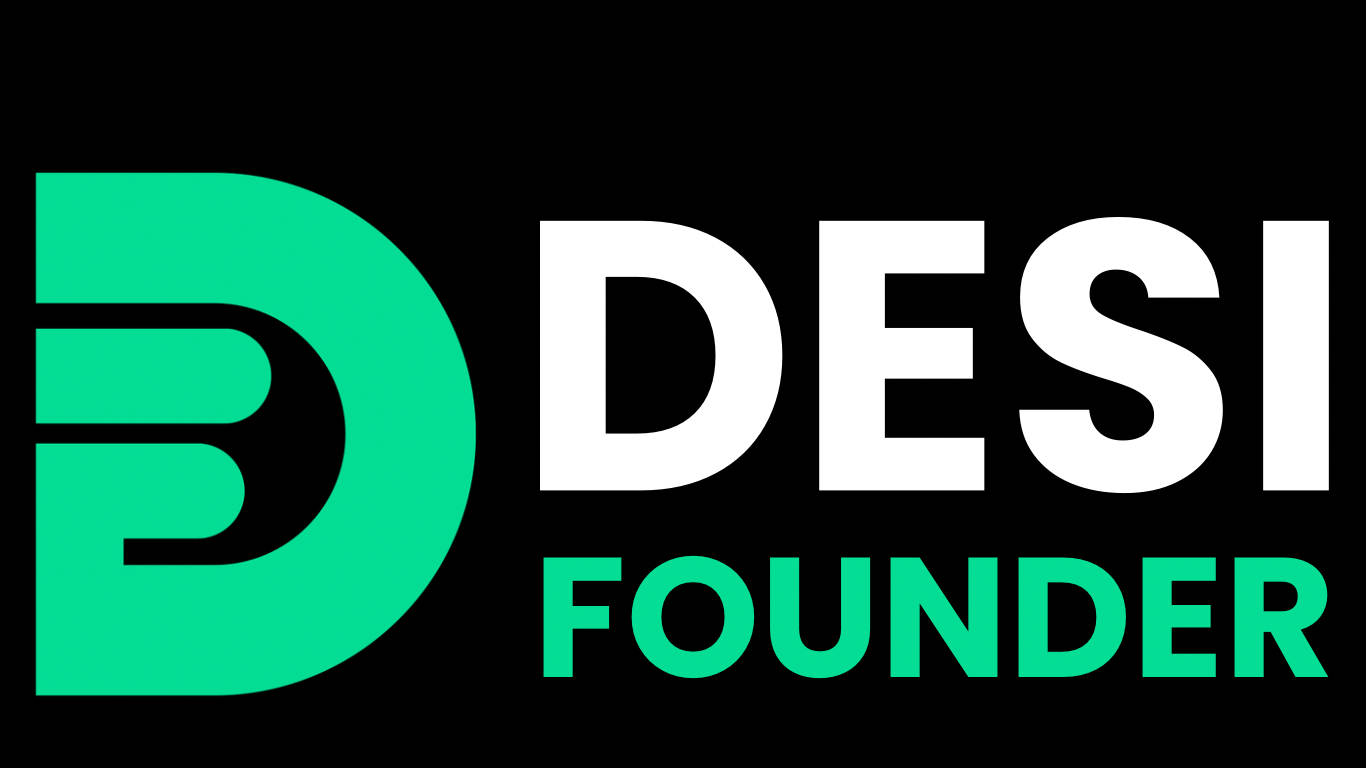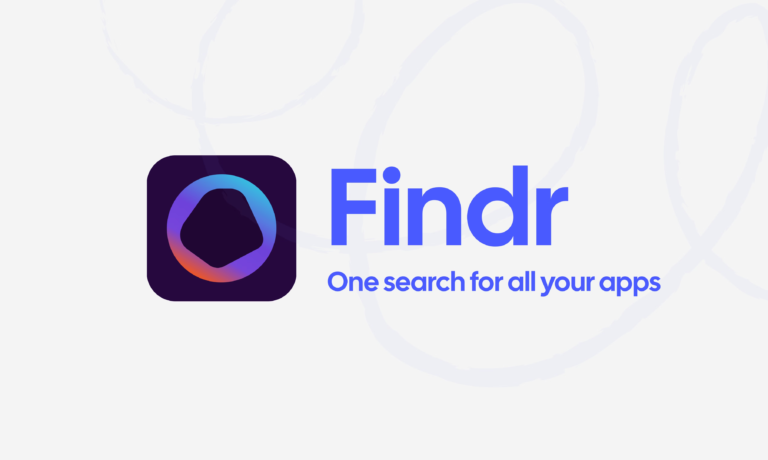Al assistant that can answer questions, find information, write documents, all powered by your apps and workplace knowledge.
The rapid rise of AI has transformed workplaces, offering new tools that enhance productivity, decision-making, and information accessibility. With the ever-growing need for efficiency, AI assistants have become essential in streamlining operations by automating mundane tasks, answering queries, and providing insights. AI Search Assistants, in particular, play a crucial role in modern workplaces by integrating with multiple platforms and pulling information across various apps—whether it’s documents, emails, or project details—making it easier for teams to access what they need quickly. This eliminates the time wasted on manual searches and helps employees focus on high-value work.
Enter Findr, an AI-powered search assistant designed to revolutionize workplace productivity. Findr seamlessly integrates with popular workplace tools such as Slack, Notion, Gmail, and Jira, giving users the ability to instantly retrieve relevant information. Whether you need to find a document, get answers from past conversations, or generate content, Findr leverages your organization’s collective knowledge to deliver actionable insights at the speed of thought. With unified search across your favorite apps, Findr ensures that employees can locate crucial information in seconds, empowering teams to perform their best work.
We sat down with the Co-Founder & CEO – Nishkarsh Srivastava, for an one on one interview, in helping us understand their startup better, and learn their goals and vision. Do go through their interview conducted by Desi Founder Team.
Also check them out on their socials:
Website | Linkedin | X (Twitter)
What inspired you to come up with the idea for Findr? Could you share the story behind its inception?
I was working at company previously. I wanted to improve its productivity so built an internal tool that would help us create a google but for internal workplace information.
How did you and your team identify the gap in the market that Findr now addresses?
All the solutions in the market were indexing private, sensitive workplace information. This was scary for workplaces. We built a platform with no-indexing approach.
What tech stack does Findr use? Do elaborate on the technicalities.
We use proprietary search engine, a mix of language models, and our own RAG engine for performing qna over documents.
Was there a particular pain point you experienced firsthand?
Yes, not being able to find documents, links, and documents — having to ask my co-workers waiting for them to send the link. And after waiting 30 mins getting the wrong link was annoying. Enterprises lose thousands of hours and millions of dollars in productivity.
Findr helps employees make smarter decisions using AI. What makes Findr’s AI solution stand out from other AI tools for work management?
We don’t index sensitive workplace information and keep building new data connectors really fast.
How has the process been tying up with brands, companies, or institutions?
We don’t do partnerships or tie ups.
What’s been the biggest challenge in educating companies on how to use AI to enhance decision-making and employee performance?
Up until now management has wanted to see hard proof in terms of adopting AI solutions. We’re at a point where gains would be realized in terms of getting the time back and seeing that reflect on balance sheets.
In what ways does Findr improve work environments and team dynamics? Are there any tangible improvements in team performance using the platform?
Collaboration is easier — you can just find stuff with findr without having to annoy your co worker with links and messages. There’s a scene I like from the classic super popular show called Silicon Valley that I keep referencing to while solving this problem. There was a guy who kept asking one of the characters “Dinesh” for slack messages which we kept losing.
How do you keep Findr’s AI updated and relevant to changing workplace needs and questions?
We update our search engine every week based on feedback, we integrate new models that come out within 24 hours, and we experiment with relevant technology that can improve our qna ability.
Findr promises to help employees make “10x smarter decisions.” Could you give us a practical example of how this works in a real-world situation?
You need to write a sales proposal. Instead of thinking about how to write a proposal you can just ask findr to tell you how to write the proposal based on past interactions you’ve had with the client or playbooks that you keep referring to (or make findr generate the whole thing by itself and check it later).
What’s your approach to ensuring employee data privacy and trust when using an AI platform like Findr?
We don’t index information. We use search APIs to query information.
What is Findr’s business and revenue model? Is it subscription-based, or do you offer custom solutions for different teams and companies?
Mix of both – subscription + custom for enterprises.
What are your future goals for Findr? Are there any exciting features or expansion plans in the pipeline?
We want findr to be a fully-autonomous AI assistant that automate all of the knowledge work inside organizations.
How has the company evolved since its launch? Are there any key moments or milestones that have stood out?
We’re amongst very few companies from India that have secured #1 product of the day, week, and AI product on ProductHunt.
What do you enjoy most about your job?
Talking to users, hearing new un-imagined use cases, and figuring out how we can innovate faster than our competitors
As a founder, what’s your typical day like managing Findr? How do you balance work with personal life?
Wrote a linkedin post about it 🙂
What are some hobbies or activities you enjoy outside of running Findr?
I love Football and also like going to the gym regularly.
Any funny or memorable moments during Findr’s journey that you’d like to share?
Meeting the entire team in person to figure out and plan next steps for the company was pretty awesome!
What advice would you give to budding entrepreneurs who are thinking of entering the AI space?
Figure out one use case and go very deep into it.
That will be a wrap of the interview. Hope you enjoyed reading it, as much as we enjoyed creating it. If you too have an interesting Founder Story to share it with the world, please feel free to submit a request here.

